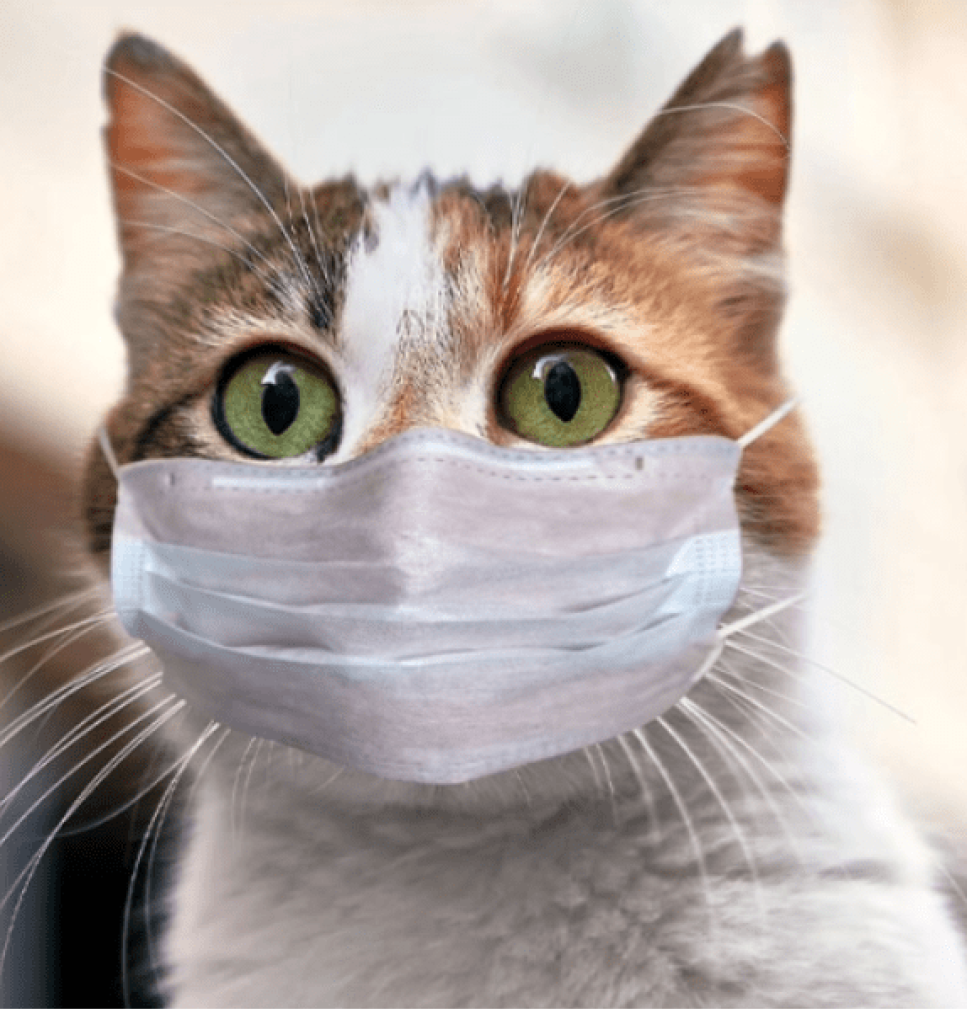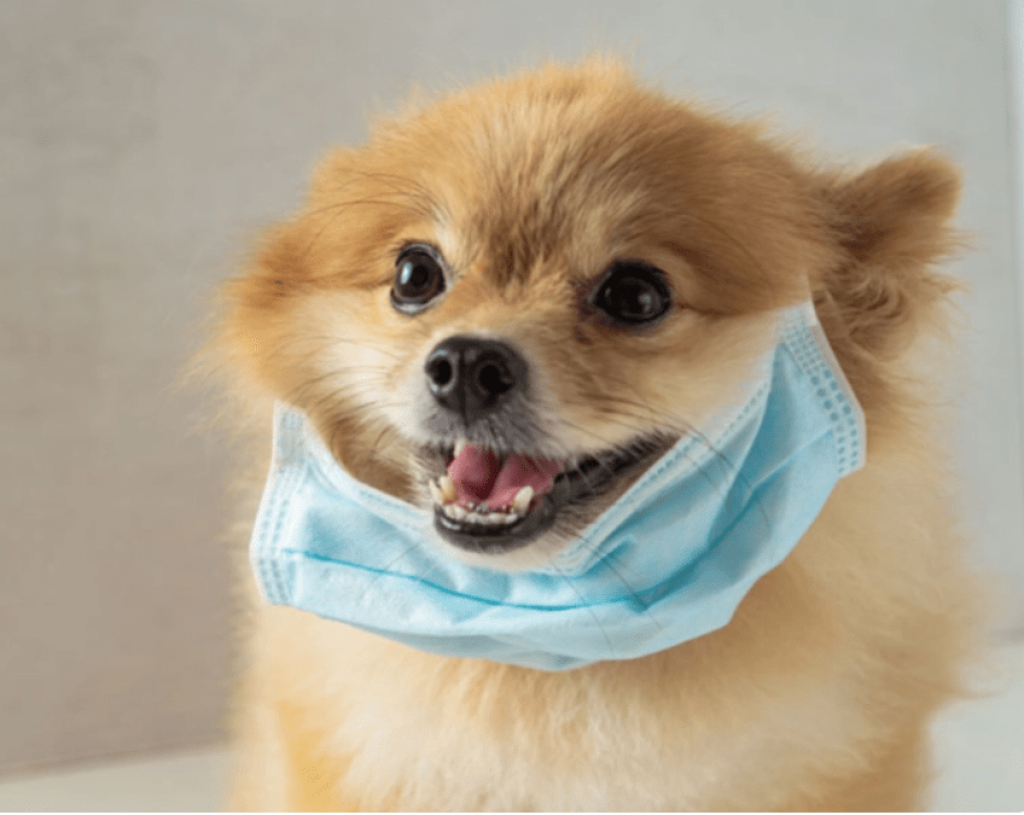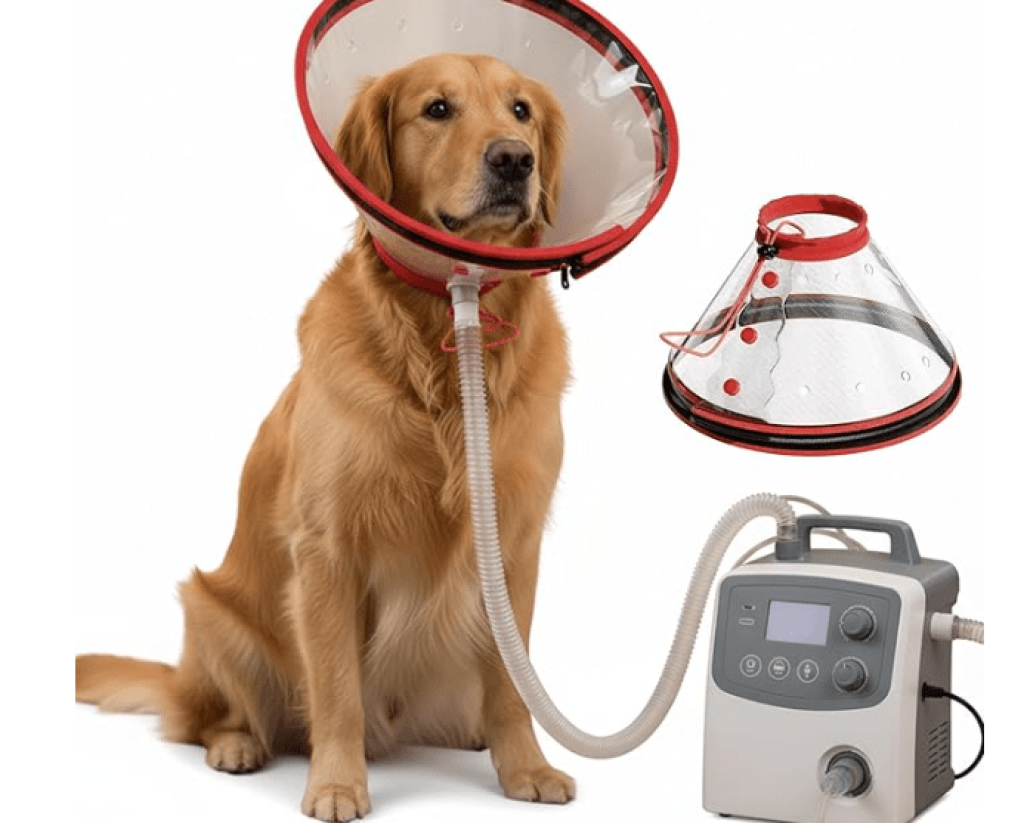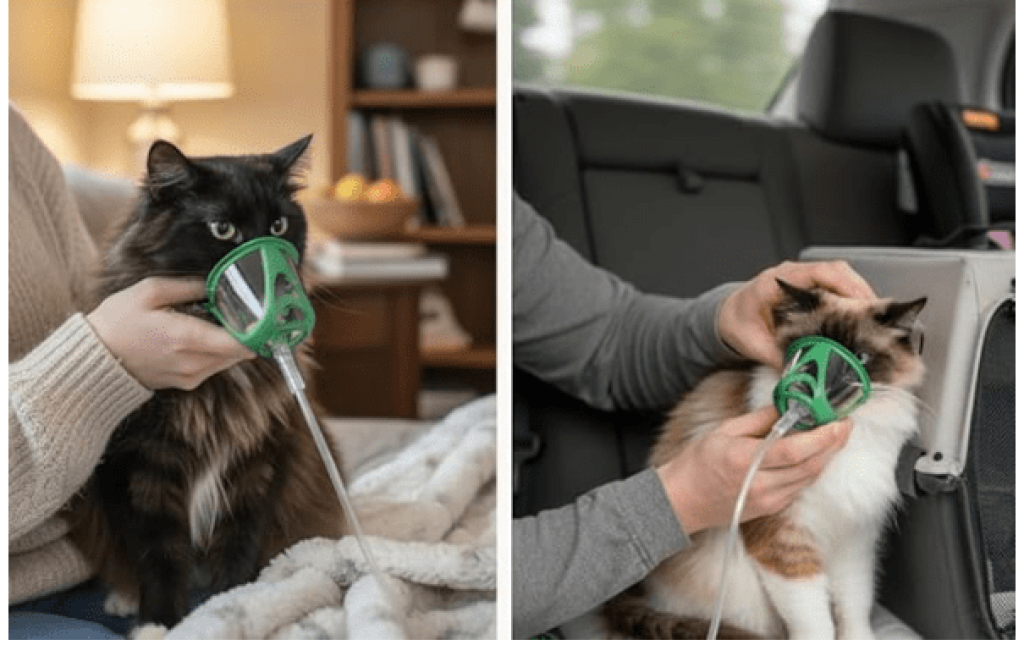
Air pollution is a serious problem in many major cities around the world. It not only affects human health, but also the health of pets. In this article, we will look at effective ways to prevent the harmful effects of air pollution on pets.
Effects of Air Pollution on Pets
Polluted air can have serious effects on the health of pets. These effects include respiratory problems, heart disease, and an increased risk of infections. Pets are more exposed to airborne particles due to their smaller lungs and closer to the ground.
Identifying the Signs of Respiratory Problems in Pets
It is important for pet owners to be able to identify the signs of respiratory problems in their pets. Some of these signs include:
- Persistent coughing
- Shortness of breath
- Discharge from the nose and eyes
- Decreased energy and lethargy
Use air purifiers
One of the most effective ways to reduce the effects of air pollution on pets is to use air purifiers at home. Using advanced filters, these devices are able to remove airborne particles, dust, allergens, and harmful chemicals from the air and improve indoor air quality.
Especially on days when air pollution levels are high, air purifiers can help reduce the entry of harmful particles into pets’ respiratory tracts and prevent respiratory problems and other diseases related to air pollution.
Also, some advanced models of these devices have additional features such as air ionization and eliminating unpleasant odors, which provide a better living environment for pets. In general, using air purifiers is beneficial not only for the health of pets but also for family members and can help create a healthy and clean environment.

Keeping your pet’s living environment clean
Cleaning and cleaning your pet’s living environment plays an important role in reducing the effects of polluted air. Some of the measures that can be taken in this regard include:
- Regularly cleaning the air filters in the ventilation system
- Regularly washing the floors and surfaces of the house to remove dust
- Regularly washing the pet’s blankets and toys
Limit the time that pets spend outdoors
Another effective strategy to reduce the effects of polluted air on pets is to limit the time they spend outdoors. On days when air pollution levels are high, it is better to keep pets indoors.
Medical and preventive care
Medical and preventive care play a vital role in protecting pets from the harmful effects of polluted air. Periodic examinations by a veterinarian help to identify respiratory problems and other diseases caused by air pollution early.
Regular vaccinations are also essential to strengthen the immune system of animals and can make them more resistant to various infections and diseases. In addition, taking nutritional supplements containing vitamins and antioxidants can help improve the overall health of animals and strengthen their immune systems.
A healthy and balanced diet is also important, as proper nutrition can make animals more resistant to the negative effects of air pollution. Finally, consulting a veterinarian about the best prevention and care methods can help pet owners effectively protect their animals’ health and well-being.
Using pet masks
In some cases, using pet masks can help reduce the entry of contaminated particles into their respiratory tract. These masks will be especially useful during times of severe air pollution.
Benefits of Papaya for Dog and Cat Hair
Changes in pet diet
Changes in pet diet can have a great impact on their health and resistance to air pollution. Feeding your pet foods rich in antioxidants, vitamins, and minerals can help boost their immune system and make them more resistant to the harmful effects of pollutants.
For example, adding fruits and vegetables like carrots, spinach, and blueberries to your pet’s diet can provide rich sources of antioxidants and essential vitamins. High-quality protein and omega-3 fatty acids, found in fatty fish and fish oil, can also help improve cardiovascular health and reduce inflammation.
Providing adequate water is also important, as water helps flush toxins from your pet’s body. Finally, consulting with your veterinarian about a proper, balanced diet can help keep your pet healthy and live longer in polluted air.
Create a Calm, Stress-Free Environment for Pets
Polluted air can increase stress in pets. Creating a calm, stress-free environment can help reduce the negative effects of air pollution. Some of the steps you can take include:
- Playing soothing music at home
- Creating a small green space inside your home
- Using fun toys for your pets
Keeping your pets healthy from polluted air requires special attention and care. By taking steps such as using air purifiers, keeping your living environment clean, limiting your time outdoors, and getting regular medical care, you can minimize the negative effects of polluted air on your pets’ health.
The main causes of coprophagia or stool eating in dog
- Dual-function mask for oxygen & nebulizer therapy.
- Comfortable, cone-alternative for wound protection.
- Adjustable fit for various pet sizes.
- Easy to clean and durable.
- Ready-to-use complete package.

- Complete kit for pet oxygen.
- Sized by pet weight.
- Pre-set regulator.
- Portable and safe.
- 2-year shelf life.

Protecting Pets from Air Pollution
Essential information to keep your furry friends safe and healthy in polluted environments
How can I prevent the effects of polluted air on my pet?
To prevent the effects of polluted air on your pet, you can use air purifiers in your home, keep your pet’s living environment clean, limit the time your pet spends outdoors, and provide regular medical and preventive care.
- Install HEPA air purifiers in rooms where your pet spends most time
- Maintain a regular cleaning schedule for your home
- Schedule outdoor activities when air quality is better
Do air purifiers really work?
Yes, air purifiers can improve indoor air quality by removing particulate matter, dust, allergens, and harmful chemicals, preventing respiratory problems and other illnesses associated with air pollution.
- Choose purifiers with HEPA filters for best results
- Ensure the purifier is appropriately sized for your room
- Replace filters according to manufacturer recommendations
What dietary changes can help reduce effects of polluted air?
Feeding foods rich in antioxidants and vitamins, such as fruits and vegetables, as well as high-quality proteins and omega-3 fatty acids, can help boost the immune system and reduce inflammation. Consulting a veterinarian is also very useful for setting up a proper diet.
- Include antioxidant-rich foods like blueberries and spinach
- Add omega-3 sources like fish oil or flaxseed
- Ensure adequate vitamin C and E intake
What are signs of respiratory problems in pets?
Symptoms such as persistent coughing, shortness of breath, nasal and eye discharge, decreased energy, and lethargy can indicate respiratory problems in pets. If you observe these symptoms, it is essential to consult a veterinarian.
- Watch for coughing that lasts more than a day
- Note any labored breathing or wheezing sounds
- Monitor for reduced activity or appetite
Is it necessary to use a mask for pets?
Using masks specifically for pets can help reduce the entry of contaminated particles into the respiratory tract of animals during times of severe air pollution. However, these masks must be used correctly and under the supervision of a veterinarian.
- Only use masks specifically designed for pets
- Gradually acclimate your pet to wearing a mask
- Never force a mask on a distressed animal
How to keep your pet’s living environment clean?
To keep your pet’s living environment clean, you can clean the air filters regularly, wash the floors and surfaces of the house regularly, and wash their pet’s blankets and toys periodically.
- Vacuum floors and furniture at least twice a week
- Wash pet bedding weekly in hot water
- Clean air conditioner and purifier filters monthly
Key Protective Actions
Implement these essential strategies to safeguard your pet from air pollution effects
Create a Clean Indoor Sanctuary
Monitor Outdoor Air Quality
Boost with Proper Nutrition
Regular Veterinary Check-ups


